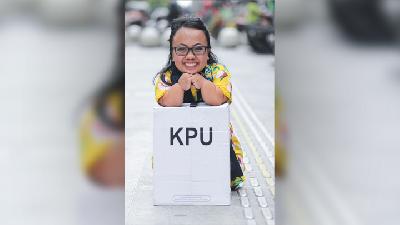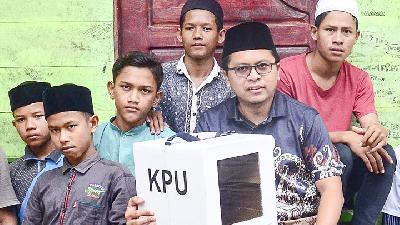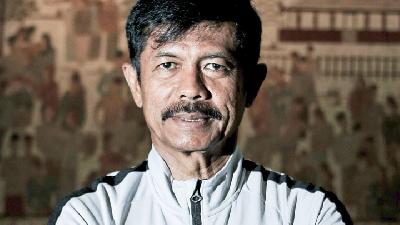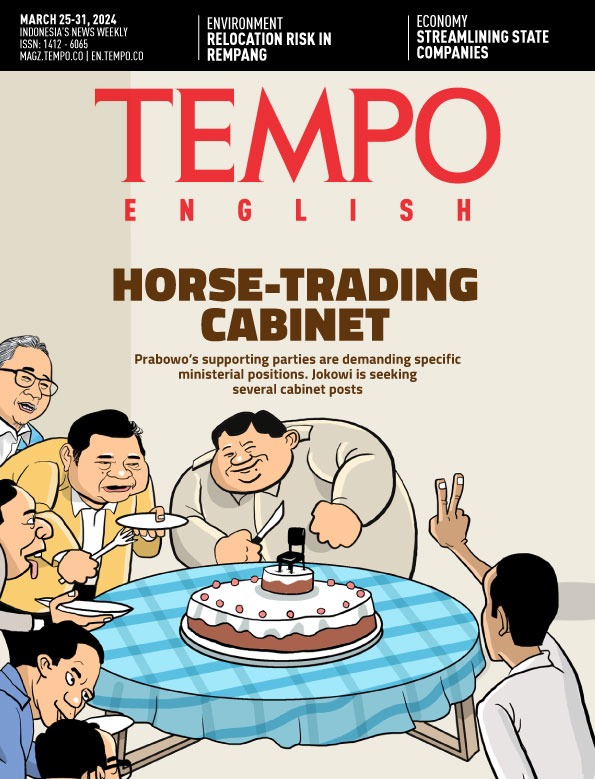A Rare Character From Serpong
Tuesday, March 12, 2019
arsip tempo : 171356238753.
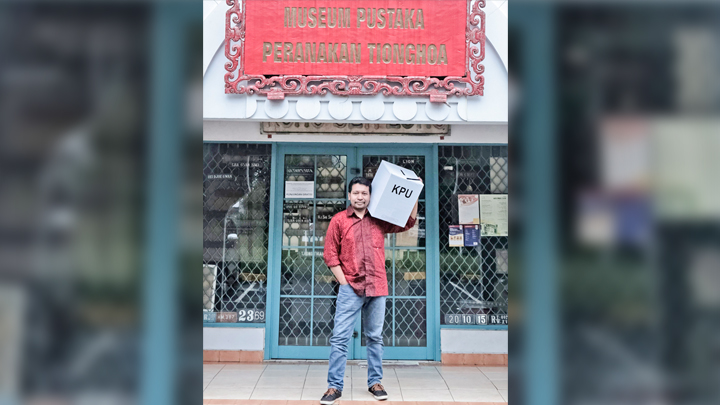
THE white building with green curtains does not have the appearance of a museum. The only clue that the building—which stands among a row of shops in the Golden Road complex, Bumi Serpong Damai (BSD), Banten—stores a collection of items from the past is the red plank in front of it, with the writing “Museum Pustaka Peranakan Tionghoa” (Chinese-Indonesian Library Museum) written in golden ink.
When we entered the 10x10-met
...
Subscribe to continue reading.
We craft news with stories.
 For the benefits of subscribing to Digital Tempo, See More
For the benefits of subscribing to Digital Tempo, See More





